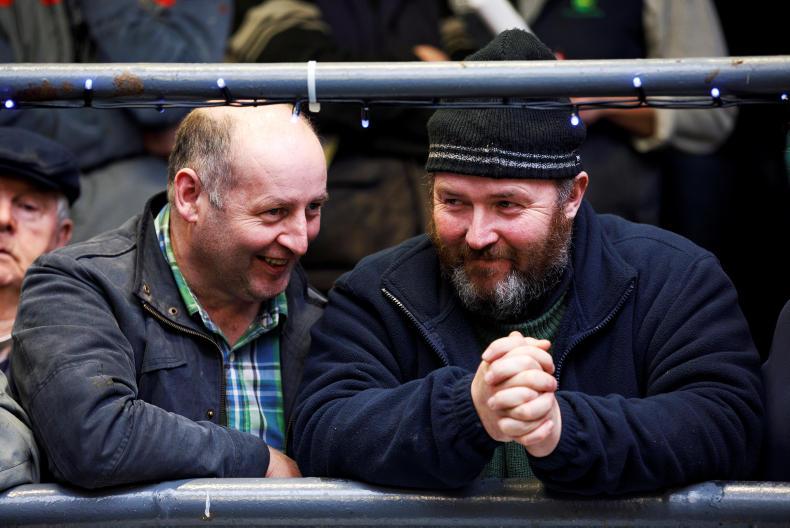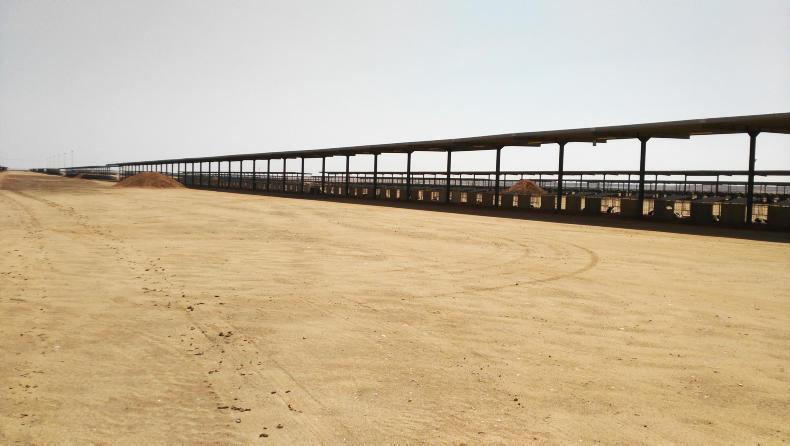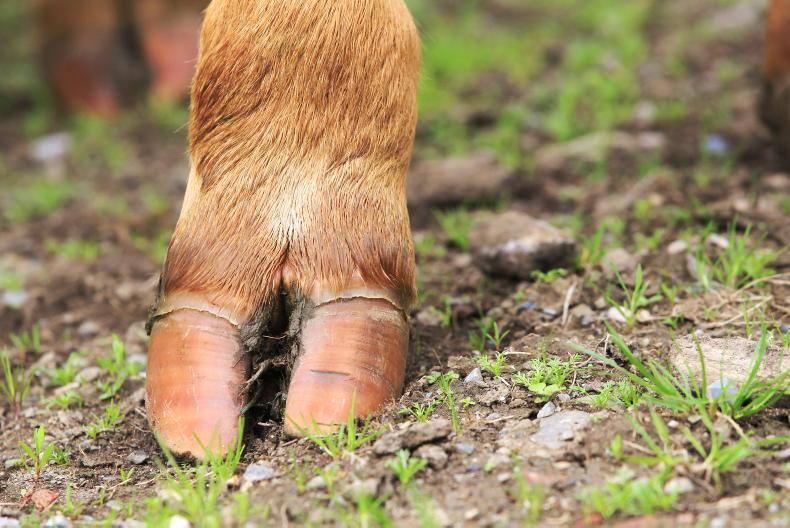If it’s a big year for Kerry Co-op, it’s a hugely important month for Beet Ireland. When the half-dozen members of Beet Ireland next meet, they will be assessing the take-up of their invitation to invest in their project. They report that applications have been coming in right through the Christmas holidays.
If the decision is to proceed, they then need to identify who will run the co-op. Developing such a specific facility will require a rare mix of skills.
Finding a well-equipped person with the passion to invest their energy into a startup project may well be the crucial decision in determining its eventual success or failure.
McCharolais burger on Italian menus
While I am sure we are all familiar with a McDonald’s Big Mac or a box of McNuggets, the McCharolais burger is definitely a new one to me. Only available in McDonald’s in Italy, the McCharolais is marketed on the unique flavour of Charolais meat from the French suckler herd.
The use of breed branding on meat is not a new concept by any stretch. Angus steaks and Hereford burgers are all the rage, but I have never seen the Charolais or any other continental breed used in the same way.
Science for the future of farming
Every year, the BT Young Scientist exhibition offers a glimpse into the future, or at least its possibilities. This seems increasingly true for the farming world. For instance, this year sees projects on 2018’s drought and fodder crisis, on micro-plastics in farming, and on bioplastics from milk.
There are a number of farm safety initiatives lined up for the exhibition, including early warning systems, Safeslat and a slurry gas sensor.
Broader issues, such as the sustainability of agriculture and how crops can withstand the effects of global warming, are also tackled.
Two intrigued me. The first, on long-distance farming, is submitted – perhaps appropriately – from St Fintan’s in Sutton, Co Dublin. The second, from St Anne’s in Killaloe, Co Clare, is titled Farmer Finder. Is it a sector-specific Tinder, perhaps? Macra will be worried if so. There’s only one way to find out. Head on over to the RDS from 9-11 January.
CAP gravy train warming nicely
Preparations for the next CAP have yielded a juicy consultancy opportunity.
A public tender for the “ex-ante evaluation, strategic environmental assessment, and appropriate assessment process of Ireland’s draft CAP strategic plan 2021-2027” is now up for grabs.
Eggheads with a good grasp of the environmental regulation maze have one month left to compete for the €210,000 one-year contract on offer.
The winner’s job will be to advise the Department of Agriculture on the green credentials of its plan to implement the next CAP in Ireland.
Three six-month extensions are possible, should the schedule end up slipping a bit. You never know.
OMG as SFP goes from BPS to BISS
First it was Single Farm Payment, then it was Basic Payment Scheme. From 2020, farmers will see this change to another term – the Basic Income Support Scheme (BISS). The BISS scheme will replace the BPS scheme as we know it.
That’s not the only change on the way. There will also be a new scheme – the Complementary Redistributive Income Support For Sustainability (CRISS) – along with a scheme for young farmers called the Complementary Income Support for Young Farmers also known as CIS-YF (try pronouncing that one). They are just three of the big ones. When I learn about the rest I’ll keep you all informed.
Fake views
Farmers in the US have come up with a nifty idea to help dampen down the spread of vegan propaganda. Vegan videos often gain a lot of traction among farmers on social media, as they express outrage over its content. So in the US, there is now a designated website which details the content of these online videos. Farmers are encouraged to visit that site rather than boosting traffic to vegan-promoting websites as a result of the spread of these videos. Not a bad idea.
Hold your fire
Farmers are usually right to be suspicious of strange characters on their land, but at a demonstration in Foynes, water catchments manager Maeve Ryan jokingly asked farmers not to shoot water testers when they test streams and rivers in the coming months. Excess fertiliser and slurry can cause issues for water quality, and local authorities and Teagasc are targeting poor water quality around farms. While the issue is serious, it does not call for the use of firearms.
Fodder frenzy
I see that the Almarai farm group in Saudi Arabia is importing 100% of its fodder requirements – at a cost of €81.3m in 2018.
Almarai operates six dairy farms in Saudi Arabia, with 105,000 cows. A new law decreed that by 2018, 100% of fodder must be imported and not grown there. The US, Argentina, Spain and eastern Europe are among the places Almarai is sourcing fodder from. Since 2014, fodder imports have cost the company €436m.
Slurry saviours
Kudos to the NI Fire and Rescue Service crews who successfully rescued cattle from the slurry tank of a slatted shed last Friday in Dromore, Co Tyrone. After hoisting the animals from the pit with a loader and ropes, fire fighters were reported to have spent a considerable amount of time cleaning their equipment, but kept the festive spirit up when posting details of the operation to social media with hashtags such as #WorkingOffTheXmasDinner and #UpToOurNecksInIt.










SHARING OPTIONS